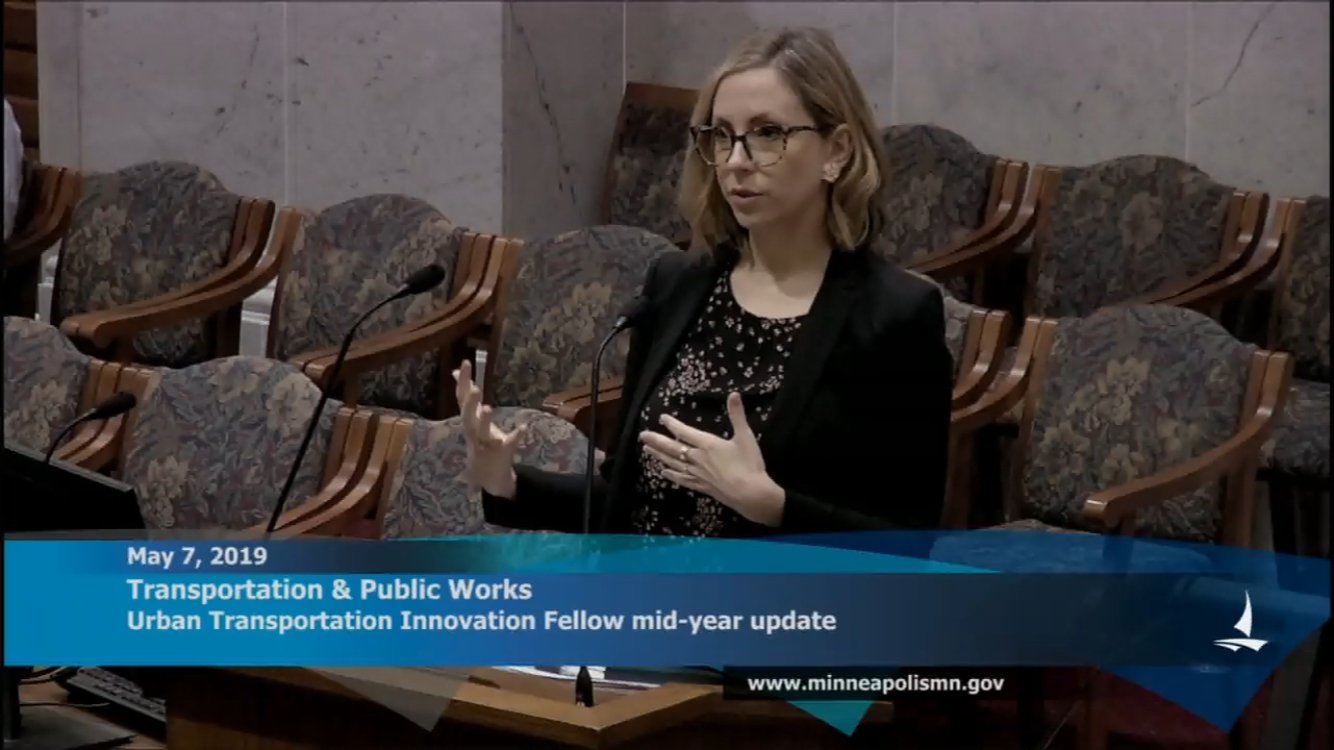Marcq Sung is the Director of Business Development for the City of Saint Paul. He shared his thoughts about what it means to be creative in his job, as well as what inspires and emboldens him.
What do you do?
I work in business retention, expansion, and attraction space and am the conduit so that relationships get built quicker. The City’s resources are rather finite, but we know who might be more well-connected and then we can speak those connections to either remove barriers or have access to more opportunities.
You mentioned building relationships quicker. How does speed play into your job?
In government, speed is one thing that we are not good at. I've always looked at our roles as project managers or in economic development to be the lubricant to doing business in the City of Saint Paul. And most often what businesses face is this huge unknown of what the bureaucracy looks like or in certain times what the sector looks like. And we can say, "Here's some of the pitfalls that you want to try to avoid so you can get to your end goal much faster." And so we're like guardrails in bowling. It's like you can still do what you need to do, but we're just going to kind of keep you in your lane, and you're going to hit the pins faster than just going without any sort of guidance.
So you're providing speed, clarity and connections. Are you also trying to change the system in which you're working? Or are you working within the system to serve people the best that you can?
More than anything else, no matter what system you operate in, there are people who know how to operate within that system, because systems change takes a very long time. And I don't think an individual can do it. Like I don't believe in this Fountainhead-sort of person that rises above through his or her own genius and then just shapes the model of the future. That's romantic and foolish and Randian and I don't subscribe to that.
I think what you want to do is find other people who are interested in making change and connect with each other and then you can sort of figure it out how to get around the system or through the system or manipulate with the system to make it work for you because, let's not be too ideal and say that each step needs to be subscribed to in a different way.
What does creativity look like in your job?
Creativity in our job is knowing what all the barriers are and dancing around them. And we know the limitations of our tools better than most other folks. And so we help people navigate around those limitations. And at the same time, we share those limitations with those who can affect change and reiterate why they need to be changed so that we can do more good, better. And I think creativity is just like looking at our systems and saying, "Wow, that's just dumb. How do we just fix that or get around that?" And then we sort of kibbutz with each other and say, "Okay, I ran into that same issue. This is how I got around this. The bureaucratic process it is red tape. And so who has the sharpest scissors to get through it?
I mean there is a certain entrepreneurial element about the work that we do. For every “no” you encounter, you sort of persist and say, “well, how do you get around that? Like some people don't even ask bother to ask that question. It's like the seven whys. Keep asking why. Why is it that way?
What keeps you going? How do you stay in your creative problem-solving mode?
I think part of it is just working with great partners in the community. That is a blessing, and I don't think we would be as strong or as capable were it not for so many of the partners and the dedicated individuals in our community who do the work on a day-to-day basis. I think they get re-energized when they see people in government that say "yes" more than “no.” And then it re-emboldens them. And really they're the ones who execute the work and come up with the vision. And all we're trying to do is blunt the trauma of bureaucracy. Kudos to them. How can you not support that?
Does it take courage to practice the creativity you are describing?
I don't think there's much courage necessary in the work that we do. I tell new project managers that we’re placed in a unique opportunity where we have several supportive individuals in the work that we do. And because we're union, we can take calculated risk, not in an egregious or nefarious way. But in a way where we can try bold things that will help the people that we want to help – those who are marginalized and disaffected by the system. And there are measures to ensure that we don’t cause undue harm through corrective mechanisms.
But, I mean, let's use the luxury of being in these government positions to try bold, audacious things to advance and help the people that we work with. And we can connect with a bunch of people just by the sheer fact to say were with the City of Saint Paul, how can we collaborate and work together and find a solution set? And not to say that will succeed in every chance that we have, but, I don't think that's courageous at all. I think we're just afforded a lot of opportunity that it'd be silly to waste.






